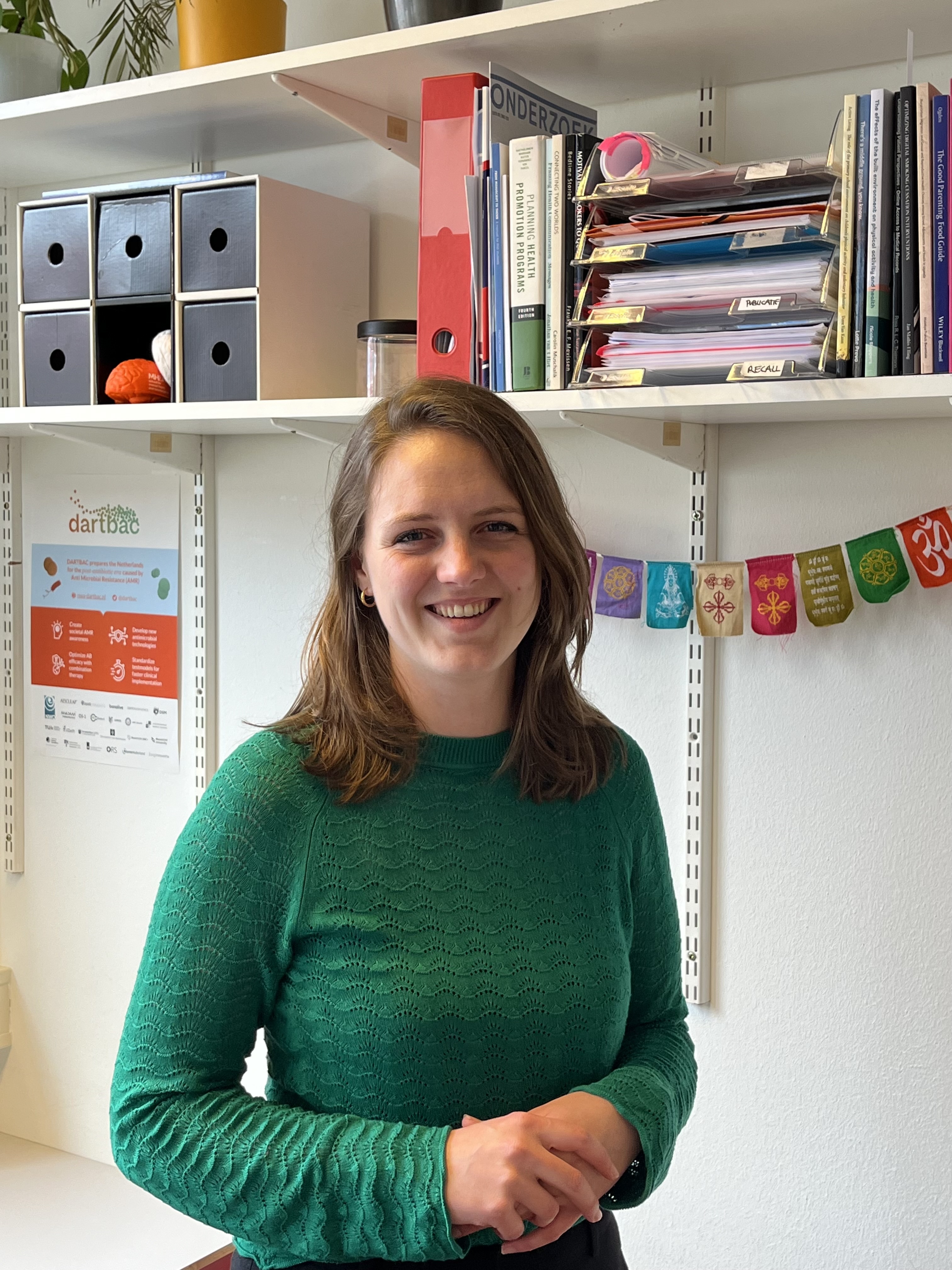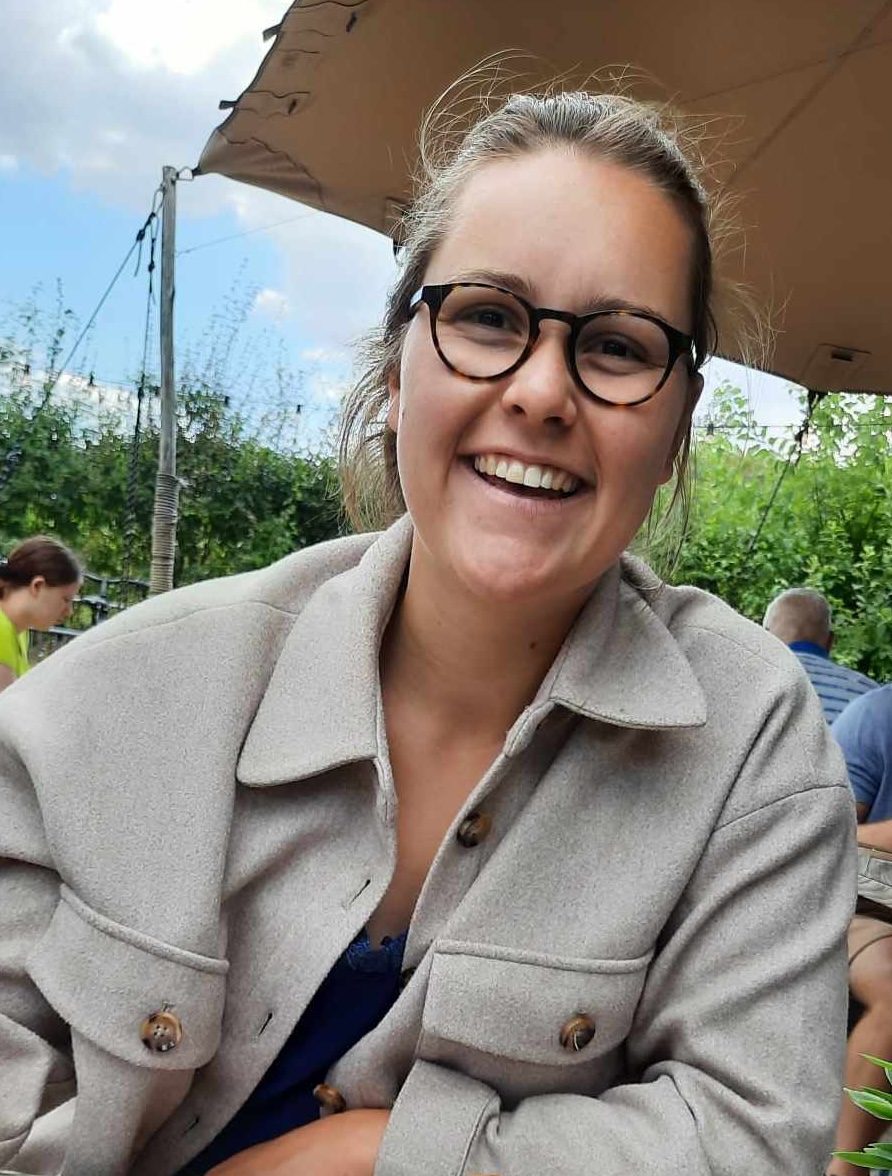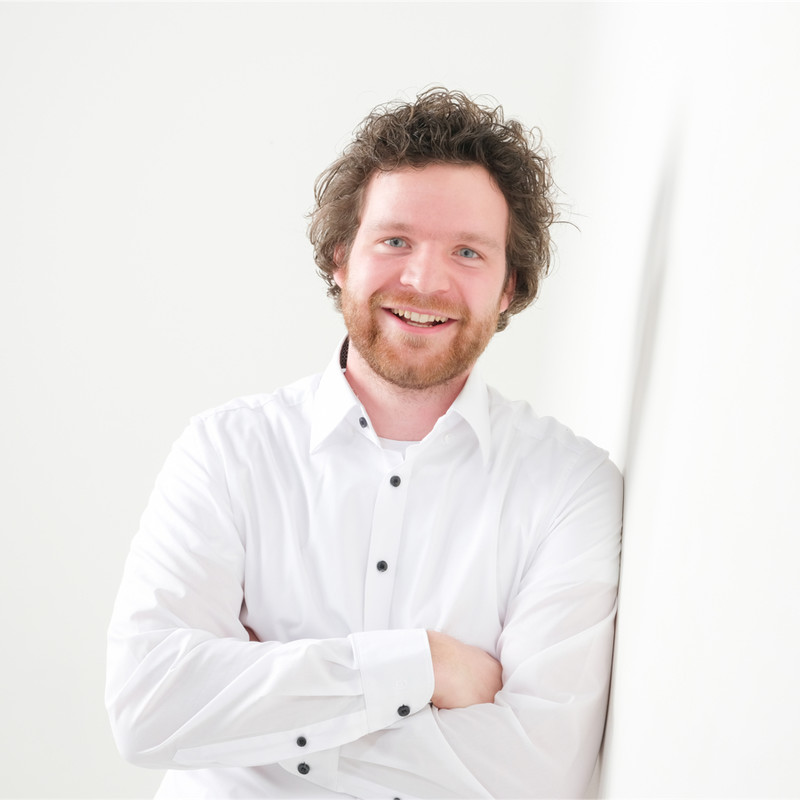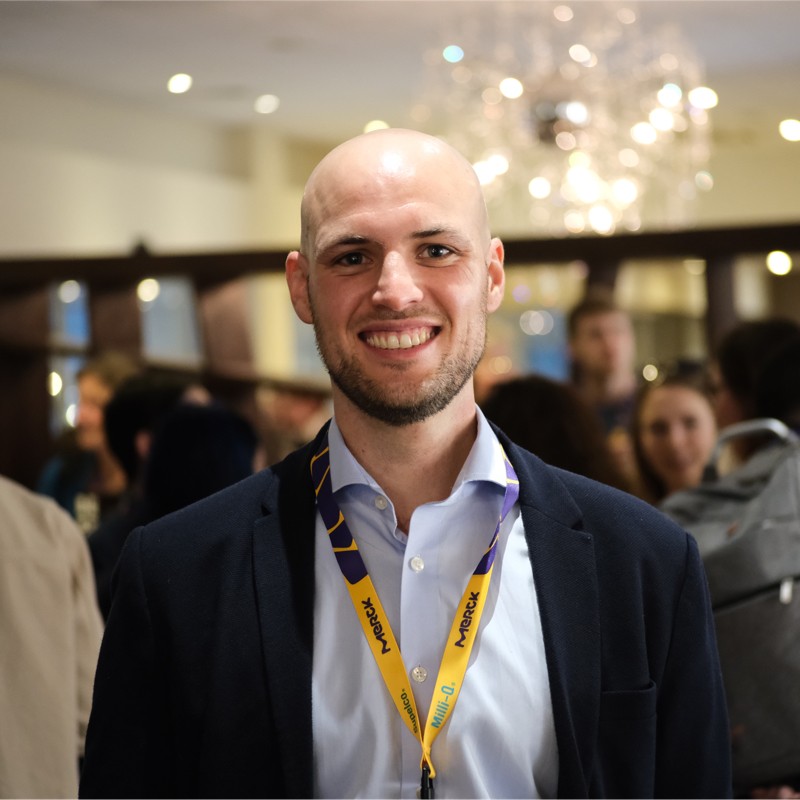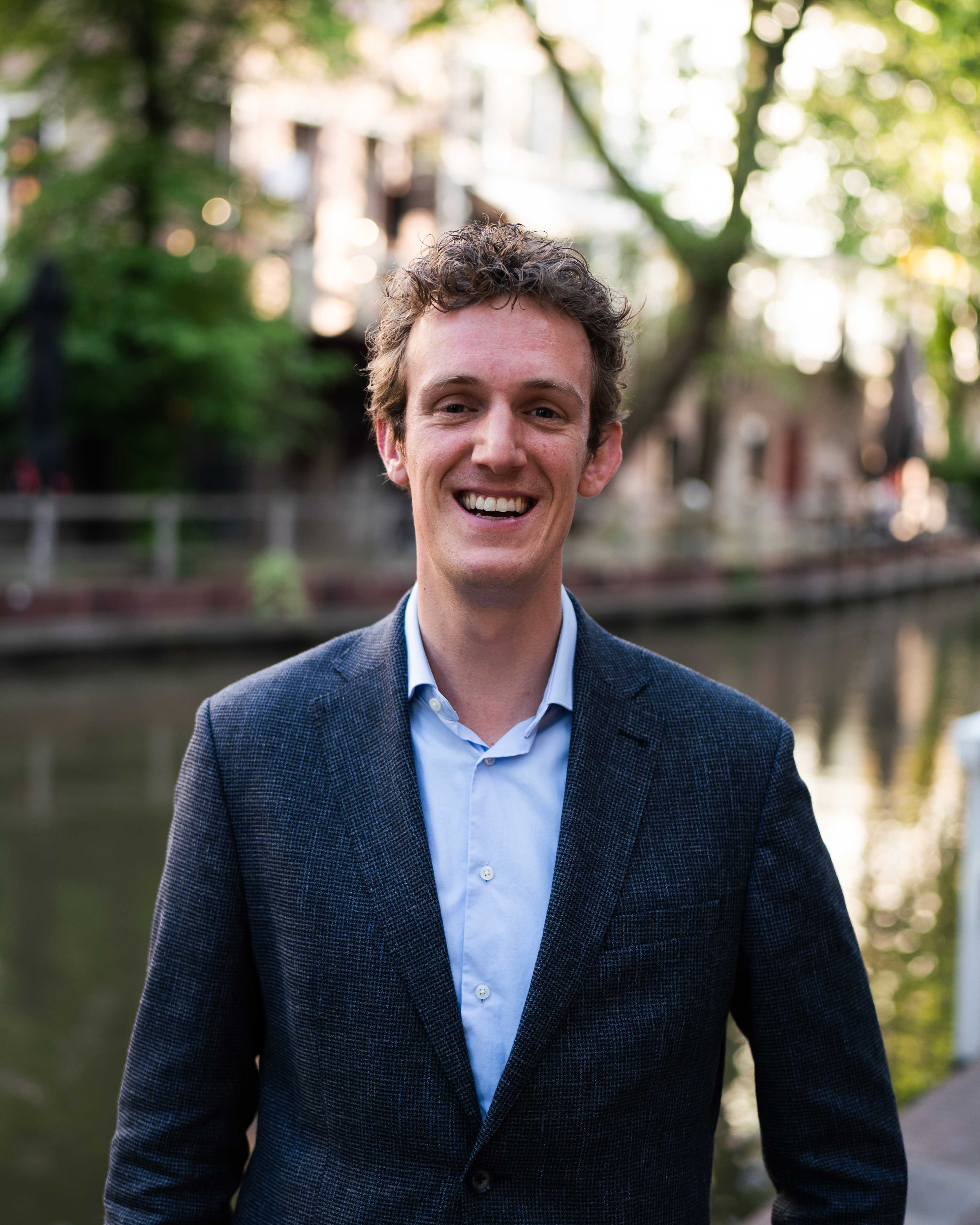News
-
In the upcoming months, the Faculty of Health, Medicine and Life Sciences will share tips on Instagram on how to live a healthier life. Not just a random collection, but tips based on actual research happening at our faculty. The brains behind this idea are Lieve Vonken and Gido Metz, PhD candidates...
-
Manon’s academic path led her to work on prevention and well-being at the workplace. A place where we spend most of our time. The master’s programme Occupational Health and Sustainable Work (OHSW) uncovered the interventions that companies and policymakers need to keep work sustainable. Her job as a...
-
With the tear fluid research set up by Marlies Gijs, she is doing groundbreaking work.
-
Cutting-edge magnetic and acoustic levitation will bioprint heart models to improve protections against radiation in space and on Earth.
-
Type I diabetes is an autoimmune disease in which the body's own insulin-producing cells, located in the islets of Langerhans, are destroyed by the body itself. Instead of continuous insulin injections, patients have the option of clinical islet transplantation. This involves placing donor islets in...
-
A breakthrough in cultured meat research-animal component free production
-
Clinical epidemiologist and post-doctoral researcher Frits van Osch studied Epidemiology because of its strong focus on research methodology. Frits is excited to work with statistics, data and patterns at VieCuri Medical Centre and to pass on his knowledge to FHML students as a tutor.
-
After obtaining a bachelor’s degree in Biometrics, Bibi Teeuwen was looking for a master with a focus on the nervous system and brain. This happened to be the same year that the master’s programme Biomedical Sciences added its sixth specialisation ‘Neuromodulation’
-
In order to pursue a master’s degree that combines health and communication, Michelle Vellinga moved from Amsterdam to our UM-community in Maastricht. In her own words, choosing Maastricht University was the best decision she made during her student life.
-
Patients admitted to hospital due to a severe COVID-19 infection exhibit no evidence of brain damage caused by the disease. This is the conclusion of an extensive study led by Maastricht University.
